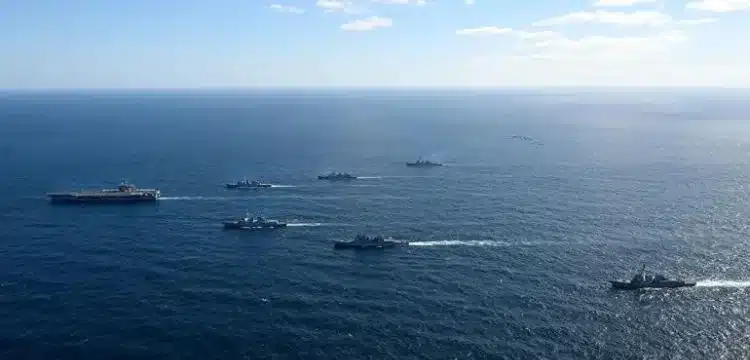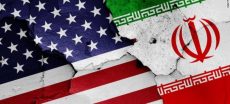[vc_row][vc_column][vc_column_text dp_text_size=”size-4″]
North Korea declared on Friday that it had conducted a test of its underwater nuclear weapons system as a response to a joint naval exercise involving South Korea, the United States, and Japan. According to the state media KCNA, the test involved the nuclear-capable underwater attack drones named “Haeil-5-23” and was conducted by the defense ministry’s think tank in the waters off the east coast. The report did not specify the exact date of the test.
The spokesperson for North Korea’s defense ministry stated that the test was part of enhancing the country’s underwater nuclear capabilities to counter potential threats. The spokesperson mentioned, “Our army’s underwater nuke-based countering posture is being further rounded off, and its various maritime and underwater responsive actions will continue to deter the hostile military manoeuvres of the navies of the US and its allies.” The spokesperson also issued a warning of “catastrophic consequences” for the United States and its allies.
Read more : North Korea Launches Missile, Minister To Visit Russia Amid Tensions
The test came in the wake of joint naval exercises conducted by Washington, Seoul, and Tokyo until Wednesday. The drills involved nine warships, including the USS Carl Vinson aircraft carrier, and were carried out off South Korea’s south coast. The joint naval exercises were organized in response to North Korea’s announcement on the previous Sunday that it had successfully tested a new solid-fuel missile equipped with a hypersonic warhead.
The ongoing military activities have intensified tensions in the region, with North Korea using its recent test to demonstrate its capabilities and respond to perceived threats from the joint exercises by the United States and its allies. The situation underscores the delicate balance in the Korean Peninsula, where military posturing can lead to heightened regional tensions and concerns about the potential for armed conflict.
[/vc_column_text][/vc_column][/vc_row]










